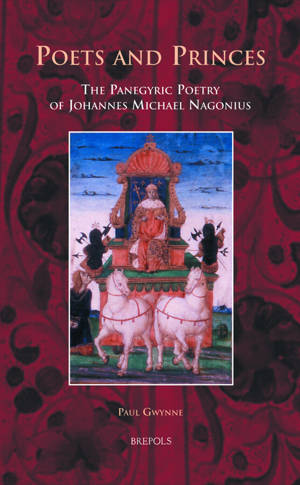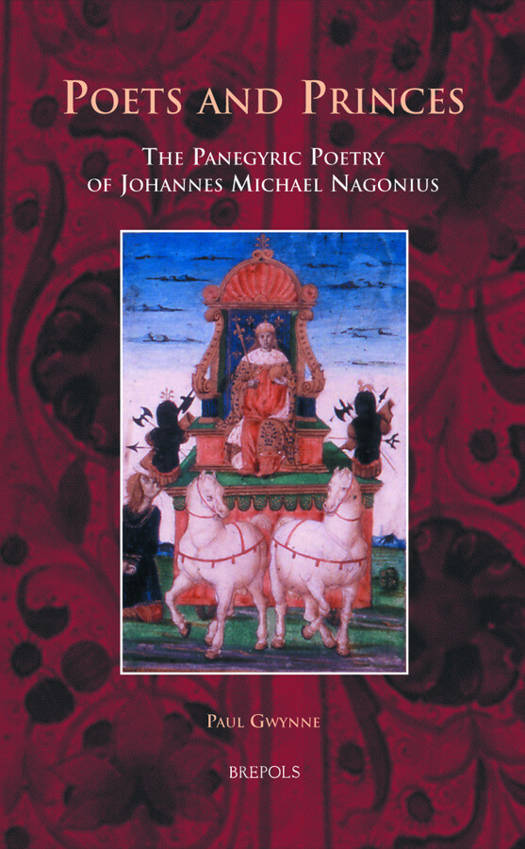
- Afhalen na 1 uur in een winkel met voorraad
- Gratis thuislevering in België vanaf € 30
- Ruim aanbod met 7 miljoen producten
- Afhalen na 1 uur in een winkel met voorraad
- Gratis thuislevering in België vanaf € 30
- Ruim aanbod met 7 miljoen producten
Zoeken
€ 362,95
+ 725 punten
Omschrijving
Poets and Princes offers a richly textured interdisciplinary survey of late medieval and early Renaissance court cultures across Europe as they are reflected in the neo-Latin verse of the itinerant poet, Johannes Michael Nagonius. In 1496 the poet laureate Nagonius presented Henry VII with a manuscript of Latin panegyric poetry. This elaborate diplomatic gift from Pope Alexander VI solicited the King's support against Charles VIII of France. The verse emphasized the mutual benefit of an alliance: if Henry supported him the Pope would acknowledge disputed Tudor claims to England's throne. For Henry, the gift represented a literary and political coup. With all the rhetorical skill of a learned poet, Nagonius presented the King as a classical hero on an epic scale in the latest Italian style. The work thus acknowledged Henry's international significance. Other recipients of Nagonius's panegyric verse include Holy Roman Emperor Maximilian I, Vladislav II of Bohemia, Louis XII of France, Doge Leonardo Loredan, the condottieri Niccolo Orsini and Gian Giacomo Trivulzio, Giovanni Bentivoglio, lord of Bologna, and Duke Ercole d'Este of Ferrara. The presentation of a deluxe manuscript to Julius II, celebrating the pontiff 's campaign in the Romagna, marked the climax of the poet's career. This analysis of the life and works of Nagonius thus provides a fascinating insight into the world of late medieval and early Renaissance court cultures. It contributes to the growing field of neo-Latin scholarship, examining the manuscripts and para-texts, studying the relationship between volume and dedicatee, placing these manuscripts within the wider literary and artistic cultures of the courts where they were presented, and investigating the role of neo-Latin verse within court cultures. Paul Gwynne received his Ph.D. in Combined Historical Studies from the Warburg Institute, University of London. His research interests include the reception of the Classical Tradition with particular emphasis on the development of Humanism in Renaissance Rome.
Specificaties
Betrokkenen
- Auteur(s):
- Uitgeverij:
Inhoud
- Aantal bladzijden:
- 552
- Taal:
- Engels
Eigenschappen
- Productcode (EAN):
- 9782503531601
- Verschijningsdatum:
- 18/10/2012
- Uitvoering:
- Hardcover
- Formaat:
- Genaaid
- Afmetingen:
- 163 mm x 239 mm
- Gewicht:
- 1111 g

Alleen bij Standaard Boekhandel
+ 725 punten op je klantenkaart van Standaard Boekhandel
Beoordelingen
We publiceren alleen reviews die voldoen aan de voorwaarden voor reviews. Bekijk onze voorwaarden voor reviews.











